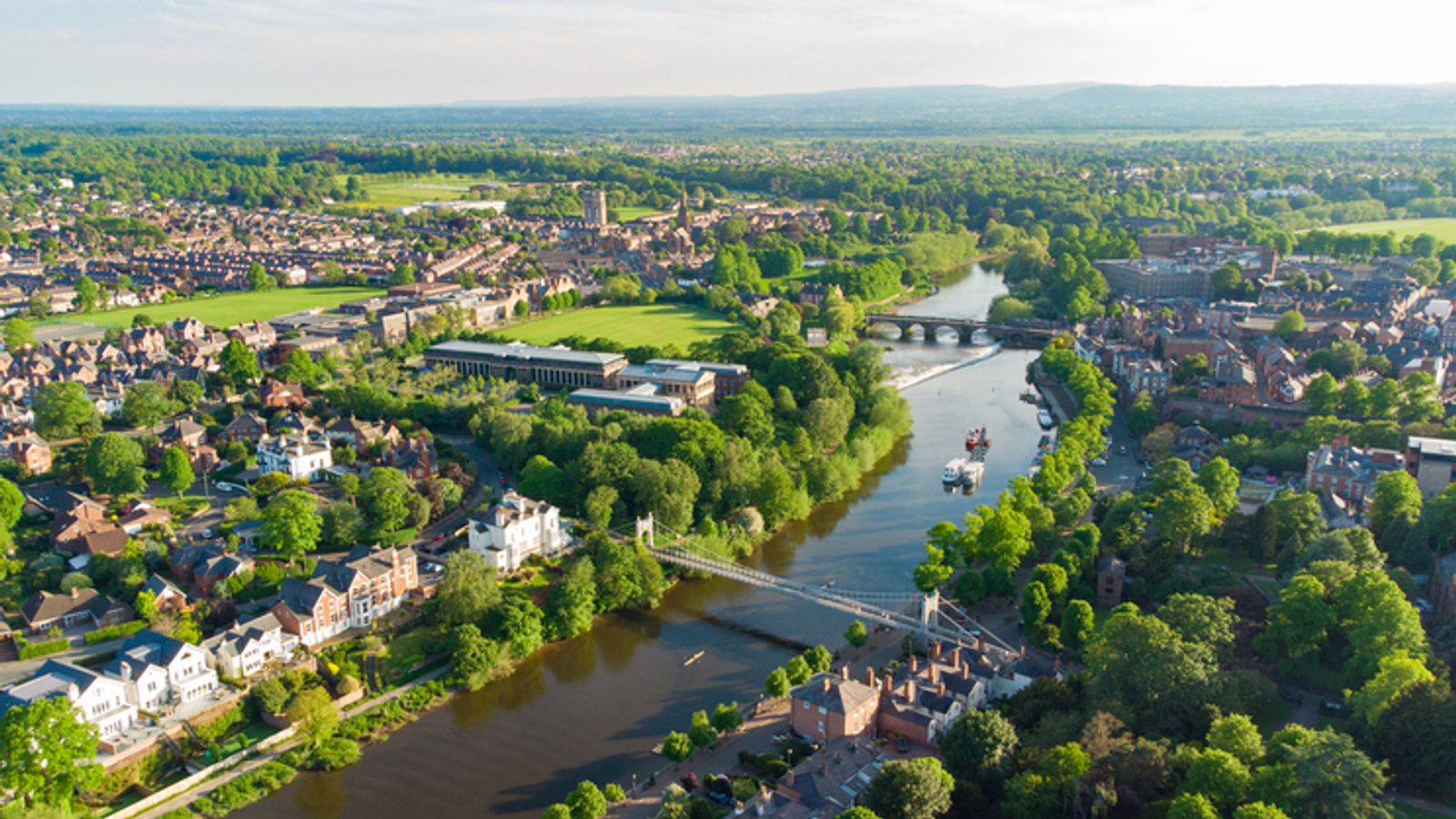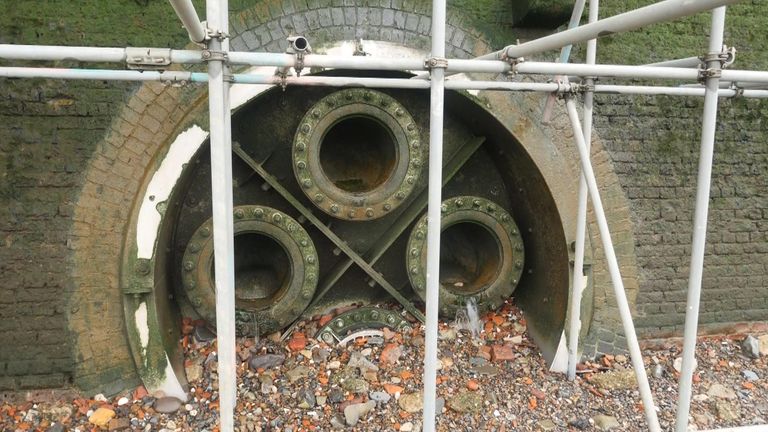Government relaxes rules on waterway pollution in bid to boost home building


The housing secretary Michael Gove is planning a major change to rules on waterway pollution in a bid to build thousands more homes in England.
The so-called “nutrient neutrality” rules have been criticised by developers and some Tory MPs for blocking much-needed housebuilding.
The government hopes the move, which is coming in an amendment to the forthcoming levelling up bill, will allow 100,000 new homes to be built over the next few years to 2030.
Housing Secretary Michael Gove MP said: “We are committed to building the homes this country needs and to enhancing our environment.
“The way EU rules have been applied has held us back.”
The government will work closely with environmental agencies and councils on the changes, which should bring a “multi-billion pound boost for the UK economy”, he said.
The rules, introduced in 2017 when the UK was still an EU member, are designed to ensure developments do not leak nutrients into local wetlands and waterways in protected areas, affecting 62 local authorities.
They oblige developers to show they will prevent or offset that pollution in order to win planning permission – but have hindered new homes in certain areas.
The property industry will now be freed from that obligation, with the cost shifted to the taxpayer instead.
Advertisement
The “very small amount” of pollution from new homes will instead be offset by Natural England, with the government doubling existing investment for the Nutrient Mitigation Scheme to £280m by 2030.
The housing industry, which will be asked to help fund the scheme in time, has welcomed the move as a way to speed up the building of new homes.
Read more on pollution:
Expanded ULEZ comes into force and will now cover every London borough
Firefighters using treated sewage water to combat blazes in UK first
Stewart Baseley, executive chairman of the Home Builders Federation said house builders are “keen to play a part in protecting rivers”, but the current rules are not solving the issue, rather “exacerbating another national crisis, our shortage of homes”.
Please use Chrome browser for a more accessible video player
2:14
Six English water companies face legal action over allegations they under-reported pollution discharges and overcharged customers as a result.
But the major shift has angered some environmentalists, who have recently ramped up campaigns against sewage spills and other pollution leaching into Britain’s rivers and seas.
Chief executive of The Wildlife Trusts, Craig Bennett, called it a “licence from the government for the commercial housebuilding lobby to profit from the pollution of our rivers”.
Water pollution rules are not the only issue affecting housing supply, with some calling for increased public sector investment, more land to be made available and streamlining of the planning process.
Click to subscribe to ClimateCast wherever you get your podcasts
Liberal Democrat environment spokesperson Tim Farron said: “Not content with the levels of pollution in our rivers already, scrapping nutrient neutrality is a disgraceful act from the government.”
He added: “If ministers actually cared about our rivers they would clean them up rather than scrapping the few rules in place that protect them.”
The Conservative government has pledged to build 300,000 new homes every year by the mid-2020s.
Parliamentary figures show housing supply has increased year-on-year from a low point of 125,000 in 2012/13, reaching a high point of 243,000 new homes in 2019/20. Supply dipped during the COVID pandemic but rose again after that.